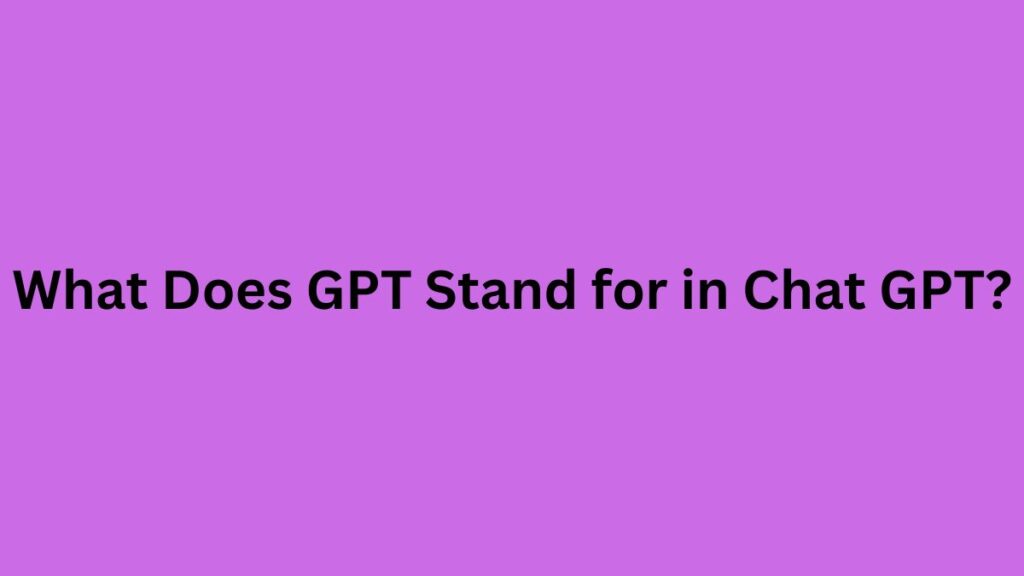Did you know that the average SEO writer spends about 8 hours a week on keyword research and content planning? I’ve been there, and I know how overwhelming it can be. Your to-do list keeps growing – from researching keywords to drafting content briefs, analyzing competitors, and more. The good news is that using ChatGPT for SEO has reduced my workload by almost 50%. But here’s the thing – simply throwing random prompts at ChatGPT won’t magically solve your SEO challenges. You need battle-tested prompts combined with effective strategies.
That’s why I’m sharing 12 actionable ways on how to leverage ChatGPT for SEO – the same techniques that have helped me save countless hours while boosting my rankings. In this blog, you’ll learn:
– How to conduct keyword research more efficiently with ChatGPT.
– Proven strategies to identify content gaps and uncover new opportunities.
– Ways to streamline your SEO audits and testing using AI.
– How to create SEO-optimized content outlines and meta tags in minutes.
– How to use ChatGPT to generate insightful SEO reports and track trends.
– A collection of tried-and-tested ChatGPT prompts to enhance your SEO efforts.
– Common misconceptions about using ChatGPT for SEO, along with its benefits and limitations.
As powerful as ChatGPT is, there is a lot of misinformation about its capabilities, especially in the realm of SEO. Let’s clear the air and explore both the strengths and limitations of using ChatGPT for SEO and marketing.
Strengths of using ChatGPT for SEO:
1. Cost-effective: ChatGPT acts as a virtual assistant that can generate SEO-focused content, brainstorm ideas, and help with keyword research without adding to payroll costs.
2. Streamlines SEO and marketing tasks: ChatGPT can tackle repetitive tasks like writing meta descriptions, generating blog outlines, or drafting email templates.
3. Versatile across various industries and use cases: ChatGPT’s adaptability allows it to cater to different niches and verticals.
4. Great for brainstorming: ChatGPT can generate topic ideas, structure outlines, or suggest subheadings for SEO-focused blogs.
Limitations of using ChatGPT for SEO:
1. No real-time SEO data: ChatGPT cannot access real-time data such as search volumes, trending topics, or competitor insights.
2. Dependent on prompt quality: The quality of ChatGPT’s output relies entirely on the prompts you provide.
To leverage ChatGPT effectively for SEO, you can use it for tasks like conducting keyword research, performing competitor SEO research, analyzing SERP trends, and generating insightful SEO reports. By using advanced prompts tailored to your specific needs, you can maximize the benefits of using ChatGPT for SEO.
In conclusion, ChatGPT can be a valuable tool in your SEO arsenal, but it’s essential to understand its strengths and limitations. Pairing ChatGPT with other SEO tools like Chatsonic can provide a more comprehensive and data-driven approach to improving your SEO strategy. If you’re looking to create SEO-friendly content, tools like Writesonic can help optimize your content for search engines and enhance your overall SEO performance.

